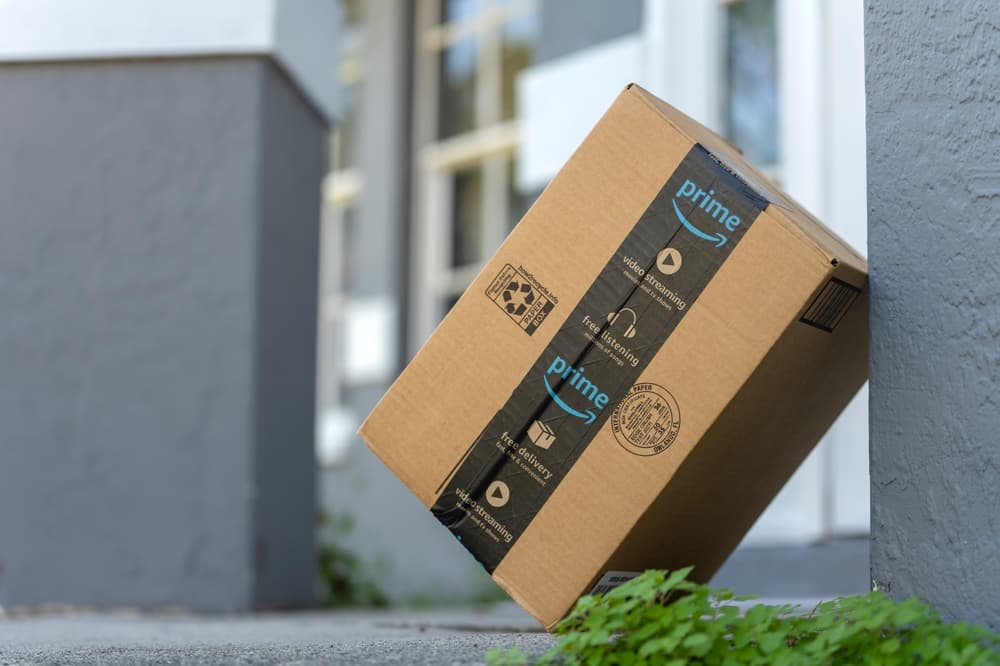Importing FDA Regulated Products for the Holidays in 2024
The holiday season is a peak time for businesses importing goods into the United States. However, when these goods are regulated by the FDA, there are additional layers of compliance to navigate. This guide will help you prepare for the 2024 holiday season and ensure that your imports meet all necessary requirements. This includes complying with FDA regulations and meeting marketplace standards, such as those set by Amazon.
Understanding FDA Import Compliance for the 2024 Holiday Season
The FDA’s role in regulating imports is crucial, especially during the busy holiday season when the volume of goods entering the U.S. spikes. The FDA regulates a wide range of products, including food, cosmetics, dietary supplements, medical devices, and more. Importers must adhere to strict FDA guidelines to ensure that their products are safe, properly labeled, and compliant with U.S. laws.
During the holiday season, when demand for certain products increases, the FDA may ramp up its inspections to ensure that imported goods meet these standards. Therefore, it’s essential to be well-prepared and understand the FDA’s import compliance requirements to avoid delays or rejections at the border.
Key FDA Regulations for Holiday Imports
FDA regulations cover various aspects of importing, including registration, product labeling, and manufacturing practices. Importers must ensure that their products are manufactured in facilities that comply with FDA regulations and that these facilities are registered with the FDA. Additionally, all imported products must be correctly labeled according to FDA standards, which include ingredient lists, nutritional information, and any necessary warnings. This is often overlooked when importing foods that are not labeled in English or to US labeling requirements as gifts or for sale in local communities.
For holiday imports, it’s particularly important to stay updated on any seasonal or product-specific regulations that may affect your goods. For instance, certain food products popular during the holidays may have stricter labeling requirements, while cosmetics and medical devices (e.g., therapeutic massagers, TENS devices, novelty contact lenses, etc.) must adhere to specific safety standards.
Moreover, FDA requirements for dietary supplements and over-the-counter medications include ensuring that the products are safe and accompanied by proper usage instructions and warnings.

Ensuring Compliance with FDA Import Requirements
Ensuring compliance with FDA import requirements involves several critical steps. First, importers should verify that the manufacturing facility is FDA-registered and compliant with Good Manufacturing Practices (GMP). This is particularly important for food, drugs, dietary supplements, pet foods and treats, medical devices, and cosmetics, as these products are subject to more rigorous FDA scrutiny.
Next, all product labeling must be reviewed for accuracy and compliance. This includes not only the primary label but also any accompanying literature or packaging that provides additional information to the consumer. Importers should also ensure that their products do not contain any prohibited substances or ingredients.
Another crucial step is conducting a thorough pre-import inspection of the goods to identify any potential issues that could arise during FDA review. Working with a customs broker or a consultant who specializes in FDA-regulated products can be extremely helpful in navigating these complex requirements.
Common Pitfalls in Holiday Importing and How to Avoid Them
Holiday importing presents unique challenges, particularly when it comes to FDA-regulated products. One common pitfall is failing to properly classify products according to FDA standards, which can result in delays, rejections, or even seizures of goods. Misclassification can occur when an importer fails to accurately describe the product or its intended use, leading to incorrect regulatory oversight.
Another frequent issue is inadequate product labeling. Labels that do not meet FDA standards, either due to missing information or incorrect formatting, can result in significant delays as products are held for further inspection. To avoid this, it’s essential to review labeling requirements in advance and make necessary adjustments before the products are shipped.
Lastly, many importers overlook the importance of verifying that their products are not subject to any additional restrictions or prohibitions, such as those related to safety concerns or specific ingredients. Conducting a thorough review of FDA databases and resources can help identify potential red flags before they become costly issues.
Navigating FDA Product Classification Issues

Importance of Accurate FDA Product Classification
Accurate FDA product classification is a cornerstone of successful importing. The FDA uses specific regulations and classifications to determine the regulatory requirements for each product. These classifications affect everything from labeling requirements to inspection protocols and tariff rates.
Misclassification can lead to significant problems, including delays at the border, increased scrutiny, and additional regulatory requirements. In some cases, it can even result in products being denied entry into the United States altogether. To avoid these issues, it’s essential to work closely with a customs broker or consultant who is familiar with FDA product classifications and can ensure that your goods are correctly identified.
Getting Listed on Amazon with FDA Regulated Products
Amazon’s Requirements for FDA Regulated Products
Selling FDA-regulated products on Amazon introduces another layer of complexity. Amazon has its own set of requirements for these products, which are designed to ensure that they meet both FDA standards and the platform’s quality control measures. These requirements include providing documentation that verifies the product’s compliance with FDA regulations, such as facility registrations, labeling approvals, and safety certifications.
For dietary supplements, medical devices, and other regulated products, Amazon may require additional documentation, such as Certificates of Analysis (COA) or third-party testing results, to prove that the products are safe and effective.
Addressing Country of Origin Issues for Amazon Compliance
One of the most critical aspects of selling FDA-regulated products on Amazon is addressing country of origin issues. Amazon requires that all products clearly state their country of origin, and this information must be consistent across all product listings and packaging. Failure to accurately declare the country of origin can result in product removal from the platform or other penalties.
Importers must ensure that the country of origin is correctly listed on all product labels and that it complies with both FDA and Amazon requirements. This includes verifying that the manufacturing processes meet the standards of the declared country and that there are no discrepancies in the documentation.
Ensuring Your FDA Regulated Product Meets Amazon’s Standards
Ensuring that your FDA-regulated product meets Amazon’s standards involves several steps. First, verify that your product is correctly classified according to FDA guidelines and that it meets all necessary labeling and safety requirements. Then, review Amazon’s specific requirements for your product category and provide the required documentation.
Additionally, it’s important to regularly monitor Amazon’s policy updates, as the platform frequently revises its rules regarding FDA-regulated products. Staying informed and proactive can help you avoid compliance issues and ensure that your products remain available to customers during the crucial holiday shopping period.

Related Example: Smelling Salts Restrictions
A pertinent example of how FDA regulations and Amazon’s policies can impact product listings is the case of smelling salts. The FDA issued a warning letter to Innovative Formulations, LLC, highlighting the illegal marketing of their smelling salts product, “Insane Labz.” The FDA cited several violations, including failure to meet regulatory requirements for over-the-counter drugs and inadequate labeling practices. Amazon, in turn, may restrict or remove such products from its platform if they do not comply with FDA regulations.
This example underscores the importance of ensuring that your FDA-regulated products meet all legal and regulatory requirements before listing them on Amazon. Failure to comply can result in not only legal action but also lost sales opportunities during the critical holiday season.
Navigate FDA Regulations with Ease
Navigating the complexities of importing FDA-regulated products for the 2024 holiday season can be challenging, but it doesn’t have to be overwhelming. While the FDA provides the essential regulatory framework, our role is to help you understand and apply those rules effectively to your specific business needs.
FDA Atty specializes in guiding businesses through the intricate process of FDA compliance, ensuring that your products are ready for the U.S. market and platforms like Amazon. Reach out today to learn how we can support your holiday importing strategy and help your business thrive during this critical season.
Are you in trouble with the FDA?
Don’t panic — you’ve got backup. Download 5 Tips to Help You Navigate FDA Enforcement and learn how to resolve the situation right now.